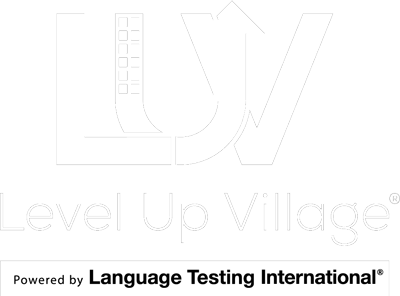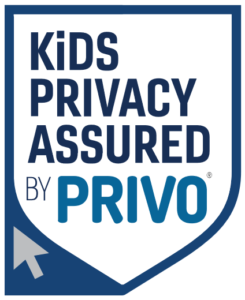Virtual Exchange Programs: Enhancing Teacher Professional Development
Have you ever heard the axiom: “Teaching is a thankless profession?”
What a grim prospect! Of course, sometimes that’s been said of the noble calling, but truly, it’s all in the perspective you take! There is so much that we educators can gain from the experiences we give our pupils that, at times, the whole rigamarole can prove as rewarding for us as for the students.
Everything we do in the classroom can, in a way, be considered professional development for teachers; a virtual exchange is no different! Just look a little closer at the experience and you’ll see that it’s not just busywork for you. Virtual exchanges offer us the opportunity to collaborate with colleagues from across the globe, learn alongside our students, and practice our foreign language skills with native speakers.
Understanding the Benefits of Virtual Exchange for Educators
There are so many benefits to conducting a virtual exchange in your class that you can practically consider it a form of professional development for teachers as much as the students who conduct the exchange.
First and above all, the virtual exchanges allow us a unique opportunity to run a calculated series of activities between a classroom and school setting that is familiar to us and one that exists in a different time zone, country, and perhaps with completely different teaching philosophies and practices than ours. Exposure to this second classroom experience; negotiating the terms, goals, and execution of the exchange with your international partner; and the possibility of trading ideas and pedagogical perspectives with a peer abroad are all singular experiences that most teachers do not, or will not, ever share. Just think of the paradigms, tips, and ideas you’ll glean from this interchange!
Next, just think of all the new subject matter you will learn in the process! From the challenges of water conservation to unconventional interpretations of I Am Malala, from country-specific issues of climate change to a cross-cultural debate on genetics, the depth of virtual exchange curriculums can add enrichment and value to even the most seasoned educator. In many of these programs, the educators simply become the facilitators, and thus can learn alongside their students. Your curiosity may not only be contagious to your students–it serves as an important reminder that we’re all life-long learners!
Finally, if you’re in the field of foreign language learning, you’ll appreciate this last one: actual practice speaking with another adult! This last benefit may sound intuitive and easily overlooked, but its benefit cannot be quantified. Many schools and institutions invest heavily to send their teachers abroad for authentic learning experiences where the educator can continue to refresh their language skills and keep themselves in good shape with regards to their language proficiency and fluency. Here, it’s happening in real time for several weeks as you communicate with your colleague over the phone, talking in a video call, sending messages and keeping in touch for the duration of the virtual exchange, and perhaps even beyond!
These learning opportunities are baked into the virtual exchange experience; it’s these benefits, if you can recognize them as such, that are really at the heart of the relationship between your virtual exchange and teacher growth.
The Impact of Virtual Exchange on Teacher Growth
We can’t stress enough the great impact virtual exchanges have on students, but even more alluring from an educator’s perspective are the hidden benefits for the teacher. The connection between a virtual exchange and teacher growth only strengthens when you hear from teachers themselves.
“The conversations we had about contemporary life in both countries, the job prospects and educational goals between our country and theirs were just so interesting. I was excited to see my students be so engaged for once!” writes an Italian teacher from New Jersey about running Level Up Village’s “Future Plans and Professions” Language and Culture course.
Another teacher, from Australia, shared with me of virtual exchanges, “This wasn’t just some random video, it was part of something. When it was finished, they were eager for part two. I was surprised!” And more than anything, this colleague was revitalized: the passion of her students transformed into enthusiasm for her.
And I love this commentary from my own colleague: “It was just great to talk to another adult in Italian! We’re always using baby-talk with our students, but to actually talk about real things with a real native speaker . . . LOVE IT.”
We really can learn so much from these experiences that we think are designed for only for our students! Collaboration with new friends, deep diving into new subjects that interest us, and the chance to practice our skills! Who says, “Teaching is a thankless profession?” I say, “No thank you” to that!
About Dan Pieraccini
Dan Pieraccini was born in Northern Italy, but was moved to the United States at the age of 6. Dan’s B.A. in English and M.A. in Italian literature have opened the door to over a decade of teaching high school and college students a second (and in some cases a first) language. It is likely that having traveled through 82 countries, 48 U.S. states, and three disputed territories somehow factored into the decision to make Dan Delbarton School’s first Director of Global Programs. In his spare time, he manages events at his local Elks Lodge, helps feed the hungry at a handful of food pantries, writes and performs rock and roll songs with his band Forget the Whale, plays in a Dungeons and Dragons game, and occasionally goes out to brunch.




